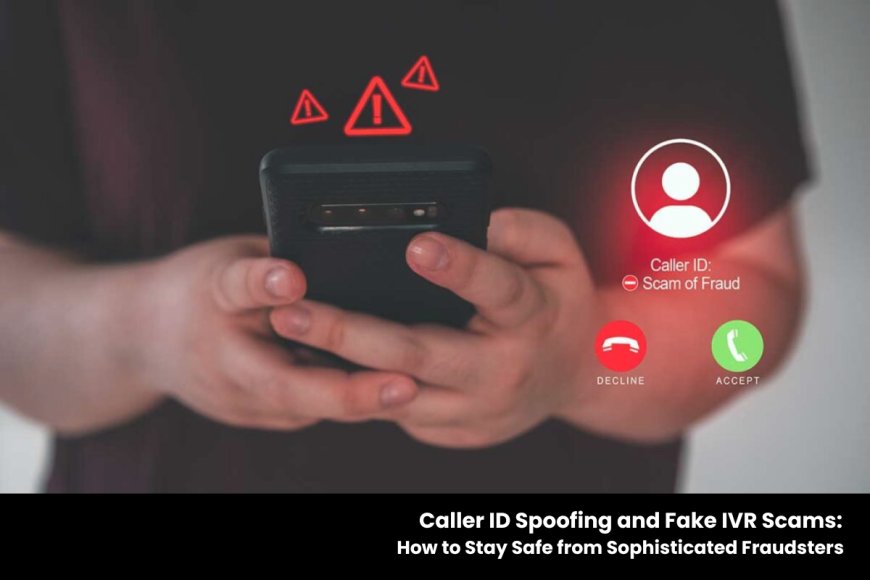Fake IVR Scam Alert: How Scammers Use Automated Calls to Steal Your Money
Scammers are exploiting fake IVR systems to steal sensitive banking details. Learn how these scams work, how to spot them, and how to stay safe.

As technology advances, scammers become more skilled, devising new methods to deceive people. One such developing scam is the fake Interactive Voice Response (IVR) scam, which has already resulted in substantial financial losses.
How do fake IVR scams work?
IVR systems are automated phone menus used by banks, telecommunications companies, and customer care hotlines. Scammers take use of this technology by setting up fake IVR systems that seem like authentic ones, deceiving consumers into entering personal information like OTPs, PINs, or credit card numbers.
A woman from Bengaluru lost ₹2 lakh after receiving a call with 'SBI' as the caller ID. The IVR message erroneously stated that a transaction was being made from her account and instructed her to press specific buttons to dispute it. She trusted the call and followed the instructions, losing her money immediately.
A man from Sri Vijaya Puram lost ₹80,000 in a fraudulent IVR scam. He received a call from fraudsters claiming to be from the Telecom Regulatory Authority of India (TRAI), informing him that his phone network would be suspended. He was duped into disclosing personal information, resulting in financial loss.
How to Spot a Fake IVR Call
- Legitimate IVRs never request OTPs, PINs, or CVV. If they do, it is a hoax.
- Scammers create panic with messages like "Your account will be blocked in two hours."
- Caller ID spoofing disguises scam calls as official numbers.
- Genuine customer service representatives would not hurry you. If pressed, hang up and check the number on the official website.
How to Protect Yourself
- Avoid sharing sensitive information via phone calls.
- Enable SMS/email alerts for transaction verification.
- Sign up for Do Not Disturb (DND) services to reduce spam calls.
- Report any strange calls to your bank and cybercrime authorities.
- If you are scammed, immediately contact your bank to block your card and freeze transactions.
While banks and telecommunications businesses employ security measures such as AI-powered fraud detection and awareness campaigns, scammers continue to innovate. Stay careful, check calls, and never give out sensitive information over the phone.
This article is based on information from The Indian Express.







